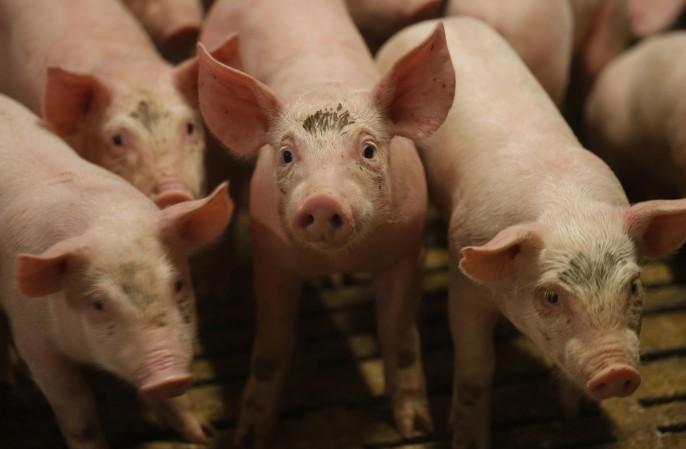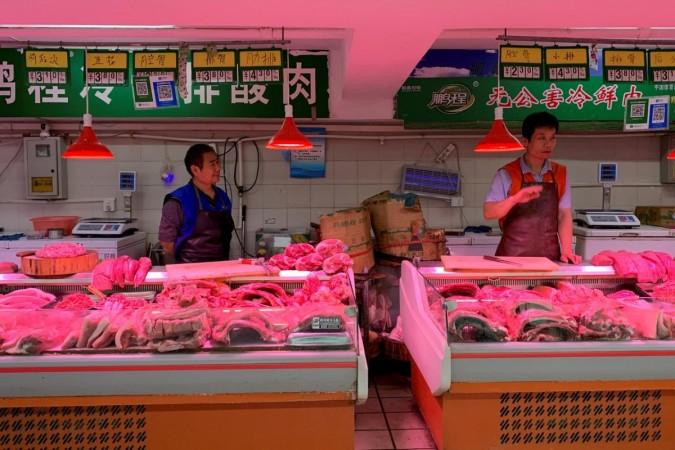
Violent protests have gripped the Argentine capital of Buenos Aires since earlier this week after the local government unveiled its plan to turn the South American country in one of China's main pork suppliers.
Pig farms in China have been hit hard by an African swine fever outbreak since the beginning of 2018. Though not harmful to humans, the disease has killed or forced the culling of over 100 million pigs so far. Therefore, since the outbreak, Beijing has been looking to diversify China's pork supply.
As per South China Morning Post reports, Argentina is nearing a billion-dollar deal with China that could pave the way for potential investments by the Asian giant in local pork production for export. This, in other words, implies that Chinese and Argentinian officials plan to set up around 25 hog farms, each with about 12,500 sows. They say that China's USD $3.5 billion worth investment in Argentina will increase revenue and create jobs.
Argentinians oppose China deal
Following the announcement of this official plan, scuffles broke out between the protesters and police in the capital Buenos Aires on August 25.
Viral videos of the massive protests on social media showed some hundreds of protests vandalizing public property and shouting "No al acuerdo con China" (meaning "No to the agreement with China"), while the cops on the other hand use tear gas to put the mob in control.
Critics say China's appetite for pork could also mean more land is needed to grow animal feed.
"It is a call that is replicated in 23 provinces. Here in Buenos Aires, one of the requests is to reject the agreement with China for the transfer of the mega-farms to do pork production. The other request is to reject the burning of wetlands and of land clearance," said Nicolas Nunez, a protestor.

The pig production controversy comes as Argentina faces a new round of economic trouble. Growth has been sluggish since 2011 and GDP has fallen in recent years. Further, the ongoing global health crisis owing to the coronavirus pandemic has pushed the local economy on the verge of major sluggishness and fallout.
Economy experts predict that Argentina's economy could contract over 9 percent in 2020.
Government is all in for China deal
The Argentina government further supports the project viewing that it would also positively impact the economy through the construction of numerous breeding and fattening farms. As per local media reports, the deal, which will more than likely be sealed in the more than possible presidential visit to China later this year, is barely the tip of the iceberg for the extremely close ties between the two nations.

Argentina is already a major beef supplier to China, but a bit-part player in the global pork market. According to official data, in 2019 it produced 630,000 tons of pork, of which just 34,000 tons were exported.
Meanwhile, environmentalists are concerned about the plan to nearly double the number of animals on farms. Some say it raises the risks of outbreaks of swine fever or viruses that affect humans. Those fears are heightened by the Covid-19 pandemic, believed to have come from animals as carriers of the contagion themselves.













